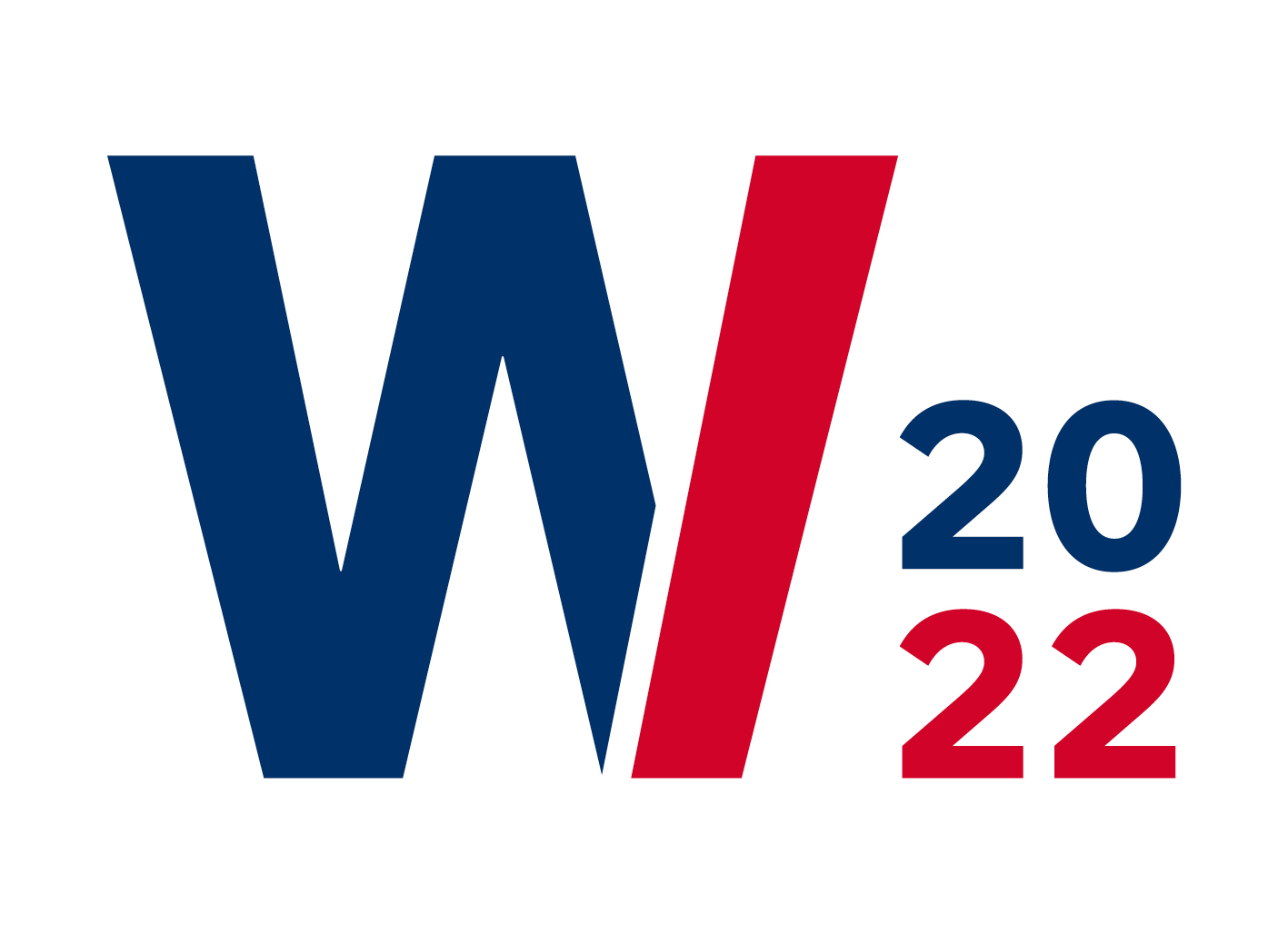Loading...
Description
Most of Germany’s existing wind and solar plants have been losing their subsidies after 20 years of operation since 2020. Without support schemes, the challenges for the renewable operators are the intermittent generation and the fluctuating power prices. Consequently, lower-than-expected revenues and high revenue variability make it more difficult for the renewable operators to be active on power markets. Therefore, the renewable operators have to be profit effective as well as cope with the high variability of their revenue. This paper proposes a deep reinforcement learning (DRL) based model to adjust the renewable operators’ short-term energy supply using a battery storage strategy. The simulative empirical evaluation shows that the renewable operators can be profitable on the market and improve their revenue stability using the proposed DRL based battery storage strategy.
Recommended Citation
Zhou, Yuchen; Henni, Sarah; and Staudt, Philipp, "Managing Intermittent Renewable Generation with Battery Storage using a Deep Reinforcement Learning Strategy" (2022). Wirtschaftsinformatik 2022 Proceedings. 3.
https://aisel.aisnet.org/wi2022/sustainable_it/sustainable_it/3
Managing Intermittent Renewable Generation with Battery Storage using a Deep Reinforcement Learning Strategy
Most of Germany’s existing wind and solar plants have been losing their subsidies after 20 years of operation since 2020. Without support schemes, the challenges for the renewable operators are the intermittent generation and the fluctuating power prices. Consequently, lower-than-expected revenues and high revenue variability make it more difficult for the renewable operators to be active on power markets. Therefore, the renewable operators have to be profit effective as well as cope with the high variability of their revenue. This paper proposes a deep reinforcement learning (DRL) based model to adjust the renewable operators’ short-term energy supply using a battery storage strategy. The simulative empirical evaluation shows that the renewable operators can be profitable on the market and improve their revenue stability using the proposed DRL based battery storage strategy.


